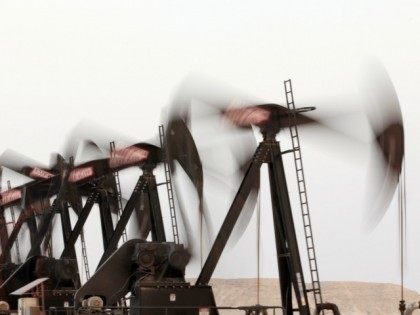Biden’s Energy Policies: Fossil Fuels Powering the World but Not in America
Joe Biden and environmentalists are trying to shut down the fossil fuel sector while the world is demanding more oil, gas and coal.
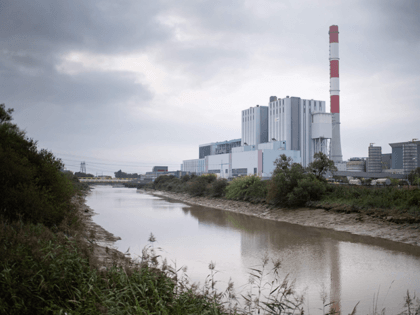
Joe Biden and environmentalists are trying to shut down the fossil fuel sector while the world is demanding more oil, gas and coal.

Prince Abdulaziz bin Salman, Saudi Arabia’s energy minister, crowed at Thursday’s OPEC meeting that the American energy revolution is over, OPEC would soon regain control over oil markets, and “Drill, baby, drill is gone forever.”

“I think to shut down the shale industry, that would probably not be a good thing for the economy,” Powell said.

The U.S. Department of the Interior announced Thursday the Permian Basin’s Wolfcamp shale and Bone Spring formation spanning parts of West Texas and eastern New Mexico hold the largest potential oil and gas resources ever discovered. Federal surveyors note the Bone Spring plays could offer roughly seven times the amount of oil as the Bakken shale in North Dakota.
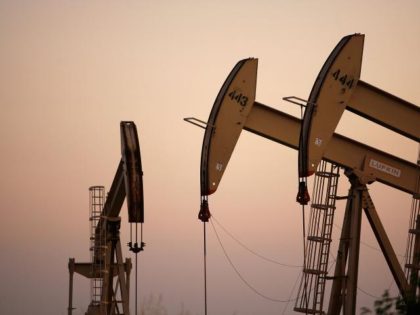
The Federal Reserve Bank of Dallas announced this week that the oil and gas industry remained strong in the third quarter of 2018. The good news came amid pipeline capacity concerns in the Permian Basin.

Exports of crude oil from the Texas Gulf Coast exceeded imports for the first time on record earlier this year, according to the U.S. Energy Information Administration (EIA).

A West Texas shale oil town was named the nation’s “hottest” housing market, according to Realtor.com.

The Permian Basin, already considered a major force among the world’s oil producers, will double its output to reach 5.4 million barrels per day (mbd) by 2023, according to a report released Wednesday.
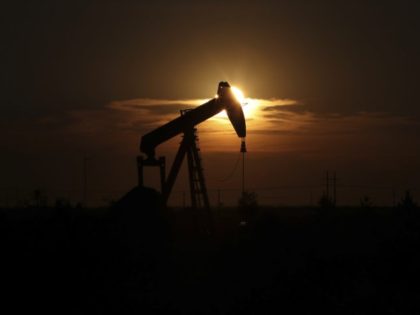
Saudi oil executives inked multi-billion dollar deals with companies to explore building petrochemical facilities along the Texas Gulf Coast. Essentially, they hope to capitalize on the U.S. oil and gas boom, largely fueled by shale drilling in the Permian Basin.

The rising U.S. production means the U.S. will become close to being energy self-sufficient, a huge shift from the era not so long ago when the U.S. was the world’s largest oil importer.
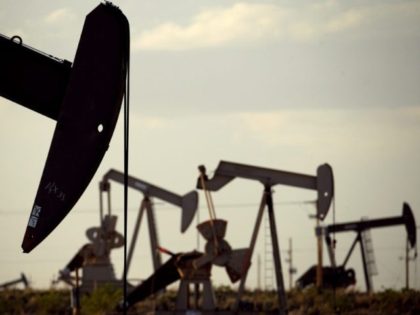
When one thinks of the richest regions of the United States, the opulence of Rodeo Drive in Beverly Hills, the high-end lifestyle of New York’s Tribeca, and the high-tech high life of the Silicon Valley may come to mind, but when ranking the wealthiest counties in the nation, the top spot went to an unassuming, small, south Texas locale.
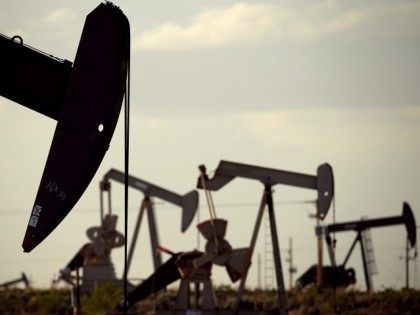
Fitch Credit Ratings has declared that the profitable doubling of U.S. oil drilling over the last 9 months means the reemerging U.S. shale boom is a potent threat to Saudi Arabia — despite the Saudis declaring a price war in 2014.

Geopolitical Futures’ George Friedman has warned that Saudi Arabia’s inability to keep oil prices up to $90 a barrel will frustrate the kingdom’s effort to balance its books, meaning it is only a matter of time before “Riyadh’s unique social stability comes apart.”

The rally in oil prices over the past few weeks was based on hopes that oil-producing nations would agree to freeze production at a pivotal meeting in Doha, Qatar, but the talks collapsed without an agreement on Sunday.

Saudi Arabia has scuttled talk of a deal with other big oil nations to cut production and “warned high-cost operators such as U.S. shale drillers to trim costs or go bust, in a stark message that triggered fresh pressure on crude prices,” as the Financial Times put it.
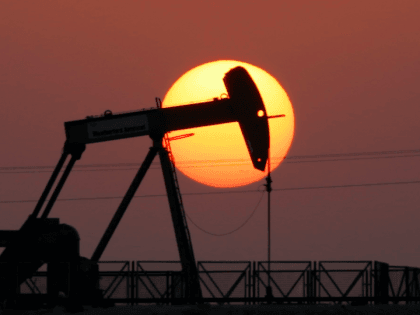
CNN warns not to “hold your breath” waiting for Saudi Arabia to trim back oil production and stabilize prices.

The Environmental Protection Agency (EPA) released a long-postponed draft report Thursday on the impact of hydraulic fracturing (fracking). The regulators concluded that based upon “peer-reviewed studies as well as state and federal databases,” there is no evidence the practice has had a “widespread, systemic impact on drinking water.”
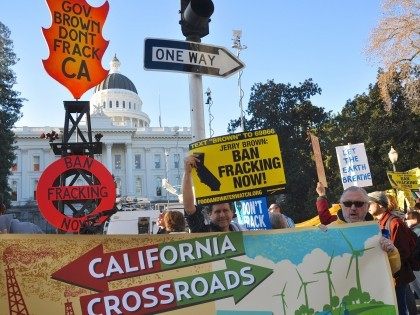
OPEC’s attempt to over-produce crude oil for export to crush prices and bankrupt the American shale-fracking oil boom has failed, according to a draft OPEC long-term strategy report seen by Reuters ahead of the cartel’s policy meeting in Vienna on June 1st.
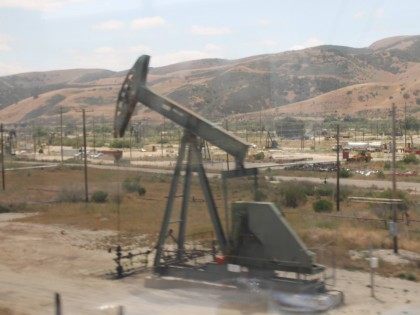
According to a new study released on Wednesday, underground wastewater injection wells used in hydraulic fracturing, or “fracking,” have virtually no role whatsoever in the earthquakes in the North Texas area during the past few years. The study was conducted by a group affiliated with the petroleum industry, but used publicly available data on seismic activity in the region and a long list of independent peer-reviewed scientific research to reach this conclusion.

Iranian President Hassan Rouhani said on Tuesday that nations responsible for the downward spiral of oil prices will suffer.

On Tuesday, the Commerce Department released revised GDP figures that showed third quarter growth at 5%, the strongest third-quarter growth in eleven years.

With fracking and shale oil production putting increasing pressure on OPEC, Saudi Oil Minister Ali al-Naimi issued bold and startling remarks to the Middle East Economic Survey, announcing OPEC is prepared to let oil prices fall to $20 a barrel.
